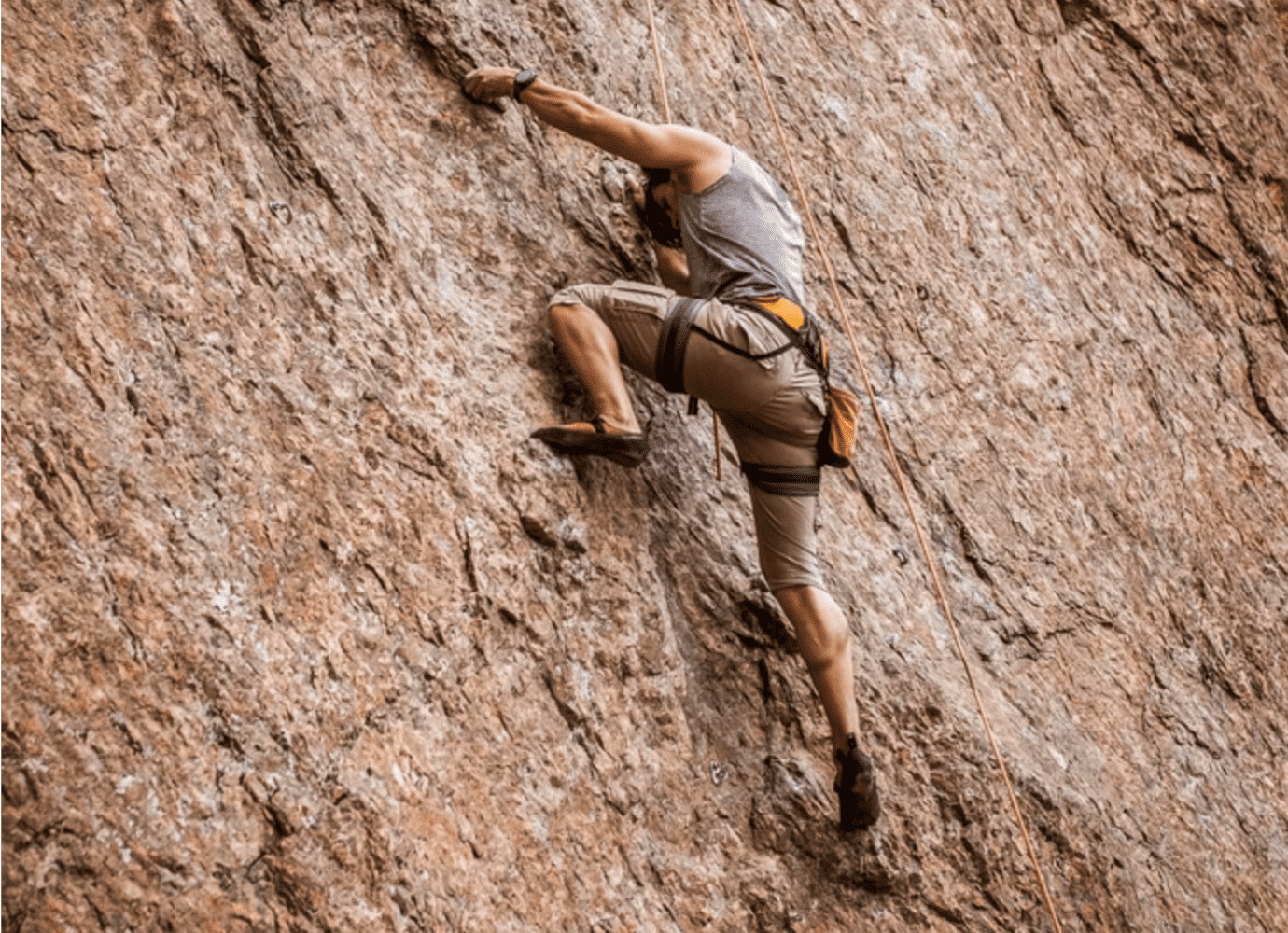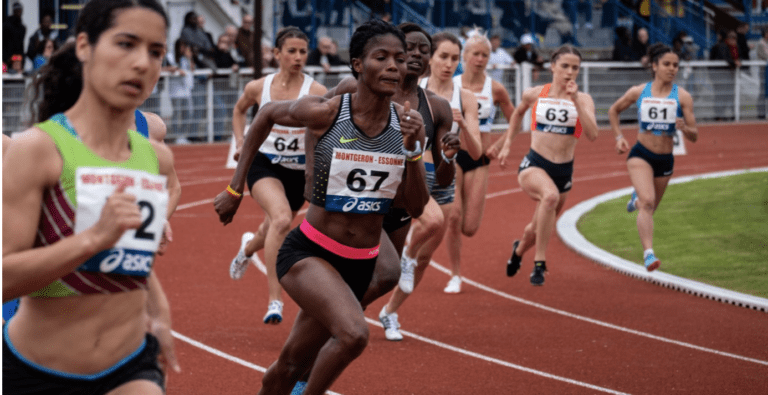“If my mind can conceive it and my heart can believe it – then I can achieve it.”
Muhammad Ali
Athletes are often told things like, “you’re only as good as you think you are,” “in order to succeed you must first believe that you can,” and “if you can visualize it, you can attain it.”
An important role of a coach is to build self-confidence in their athletes because coaches know that one of the strongest factors for success is self-esteem: believing you can do it, believing you deserve it and believing you’ll get it.
Even the greatest athletes have had doubts and fears. But they did not let those feelings stop them. No one who has ever achieved greatness held onto the belief that they couldn’t do it. You cannot doubt yourself all the way to success. Only those with the right mental attitude cannot be stopped from achieving their goals.
“Never say never because limits, like fears, are often just illusions.”
Michael Jordan
At the present stage of sports development, psychological training of an athlete is becoming increasingly important. This kind of training includes adding to an athlete’s psychological resource, which mainly comprises emotional control and self-esteem.
In sports psychology, the role of self-esteem is often associated with the athlete’s adaptive capacity. The ability to adapt to high stress and constant competition while achieving high results forms an athlete’s complex of personal qualities.
“If you do not believe in yourself, no one will do it for you.”
Kobe Bryant
Past research has concluded that emotional stability (including strong resilience), confidence and motivation, sense of purpose, optimism, and high self-esteem create a stable psychological profile of a qualified athlete.
If athletes have such psychological resources, they can overcome stressful events (such as difficult competitive conditions) because of their psychological resilience. Use of these cognitive resources also effectively enhances the ability of athletes to realize their athletic potential at competitions.
“You have to expect things of yourself before you can do them.”
Michael Jordan
Many scientific authors consider self-esteem as a factor in increasing an athlete’s cognitive resource. Current research published in just March of 2022 in the Journal of Physical Education and Sport found that targeting self-esteem through self-affirmation improved efficiency in sports activities.
Results showed that elite athletes have significantly higher levels of self-esteem and ambitions than non-elite athletes, leading to the conclusion that high self-esteem can be considered optimal for athletes.
Fortunately, self-confidence is a quality you can develop. Anyone can be more confident and develop higher self-esteem. As the article suggests, self-esteem is a positive result of self-affirmation.
“It is the repetition of affirmations that leads to belief. And once that belief becomes a deep conviction, things begin to happen.”
Muhammad Ali
The first step to reaching your full potential as an athlete starts with believing in yourself. Nothing is possible if you don’t believe it is. And all things are possible for those who do believe.
Use self-affirmations to improve your self-esteem and help you achieve peak performance.
How to practice athletic affirmations:
If you’re interested in using affirmations for personal motivation and athletic achievement, the Selfpause app has a variety of athletic affirmations ranging from general athletics to whatever sport you play, whether it’s football or running or any sport in between. You can also use the app to write and record your own personal affirmations!




